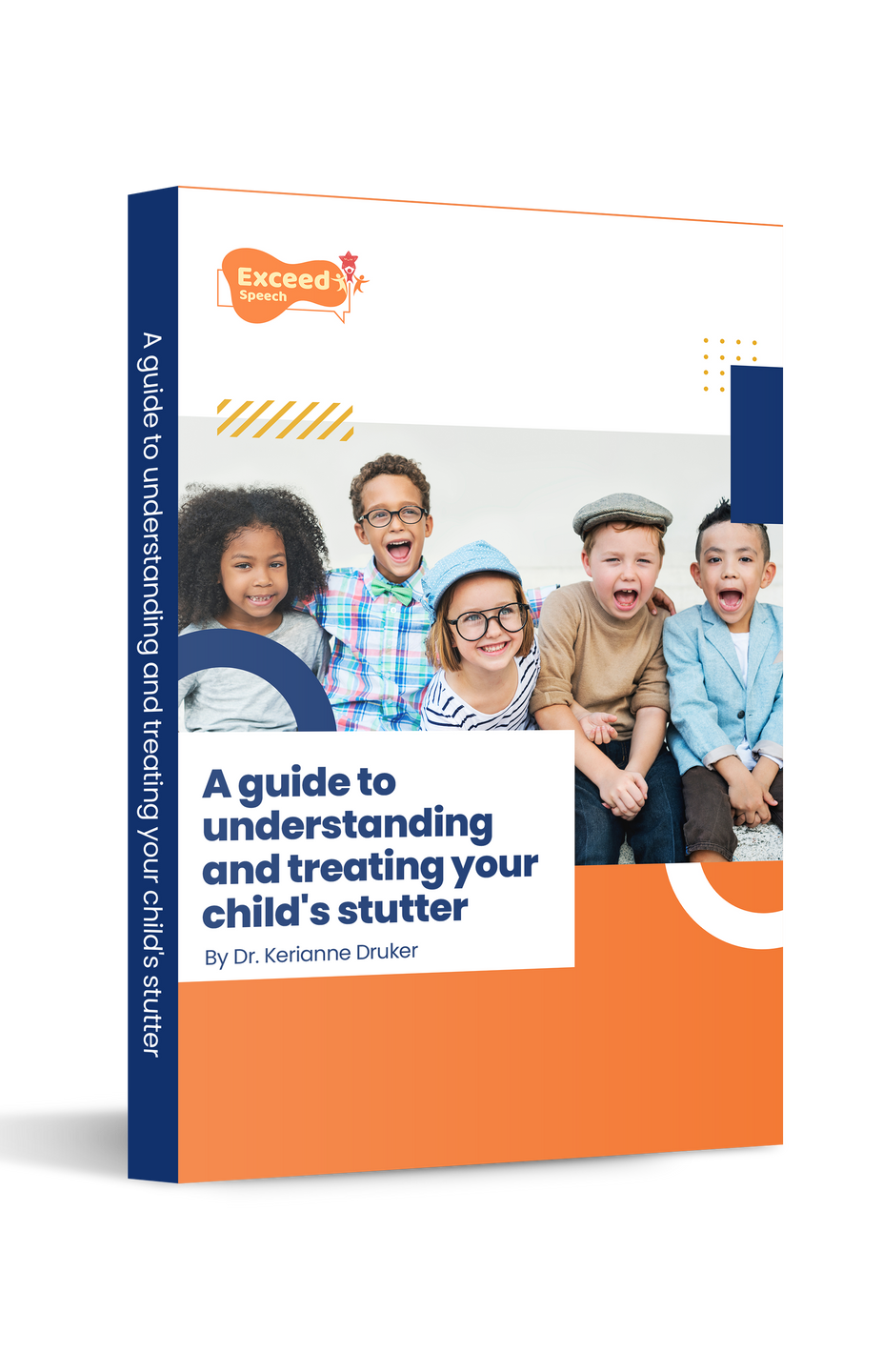Robust Theme
Dec 09, 2019 2020-04-08 7:40Robust Theme
Link between stuttering and behaviour

As a parent, it can be really stressful when your child starts to stutter. Parents often feel helpless and uncertain about what the best course of action is to take to help their child.
It can be equally distressing when parents feel they don’t have good control over their child’s behaviour.
Proportion of children who stutter with some behaviour issues
Imagine having to deal with a child who has started to stutter, who also can have some difficult behaviours. Well, this is actually very common! My PhD research found that 50% of children who stutter also have some behaviour issues – leaving parents to have to deal with both of these issues at once.
Does a child’s behaviour impact their stutter?
The short answer is yes!
My research has found that children who stutter, who also have some behaviour issues, unfortunately take much longer to respond to stuttering treatment – meaning their stutter can be stubborn and stick around for longer. This may be because of a mutual temperament trait that is linked to both stuttering and behaviour control, called effortful control.
Effortful control and behaviour
Effortful control refers to a child’s ability to control their impulses or behaviours, particularly when they don’t want to do so. For example, not interrupting a parent while on the phone, checking it is safe before crossing the road, following instructions, and completing tasks or activities without getting overly distracted. Children with lower levels of effortful control would have greater difficulty with those example activities.
Effortful control and stuttering
The concept of effortful control has also been linked to stuttering in young children.
Specifically, it has been found that children who stutter with weaker effortful control – i.e., poorer ability to control their impulsive behaviours, have more severe stutters! The opposite is also true - children who stutter with stronger effortful control actually have less severe stutters.
This link is really interesting and suggests that a child’s effortful control, or impulsivity, can significantly affect their stutter.
Treating stuttering and behaviour
The link that has been found between stuttering and effortful control highlights that successful stuttering treatment needs to consider all aspects of a child’s behaviour and environment that could be influencing their stutter.
This was a key focus of my PhD, where I developed and tested a new treatment program that supports parents to manage both stuttering and behaviour problems in their children. This treatment was really effective in eradicating stuttering for these children, as well as markedly improving their behaviour! In fact, after interviewing parents to learn about their experiences with the program, 100% of parents recommended this program to other parents of children who stutter with additional behaviour challenges.
Learn more about the link between stuttering and behaviour in my eBook.
Remember, stuttering treatment can be very effective – particularly if it is holistic and considers all factors that might be influencing stuttering for the child. Holistic treatment is central to my treatment philosophy for stuttering and all other speech, language and communication problems. Contact me to find out how I can support you and your child to overcome their stuttering.

Free eBook
A guide to understanding and treating your child’s stutter
Take a sneak peak of what the Stuttering Toolkit has to offer, and learn about the treatment principles that have proven successful for more than 90% of children who stutter.
Get Free eBook

